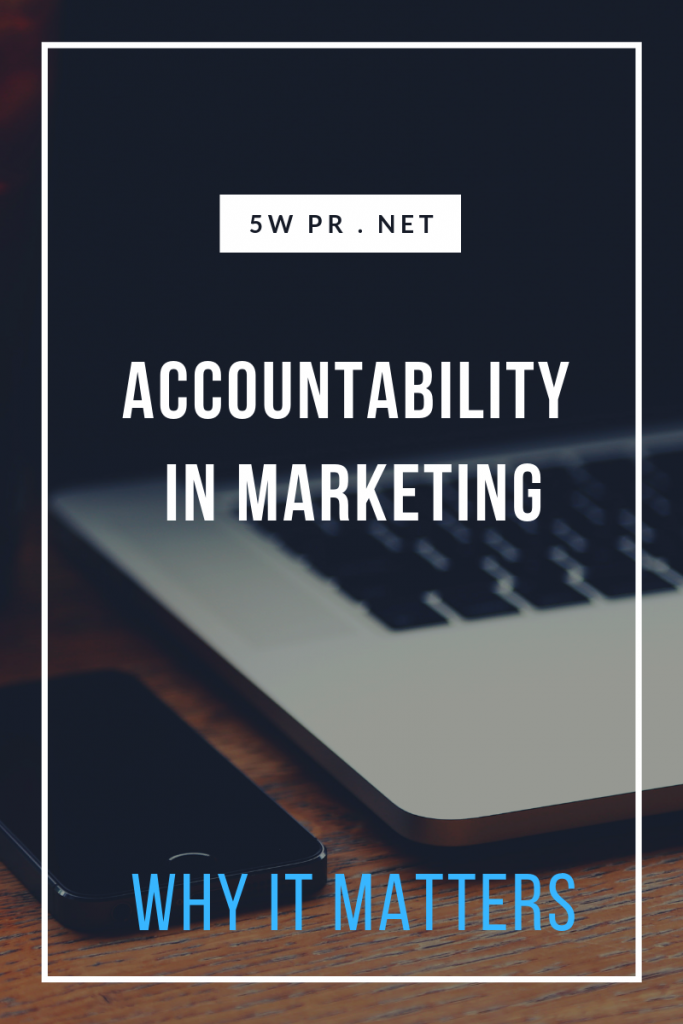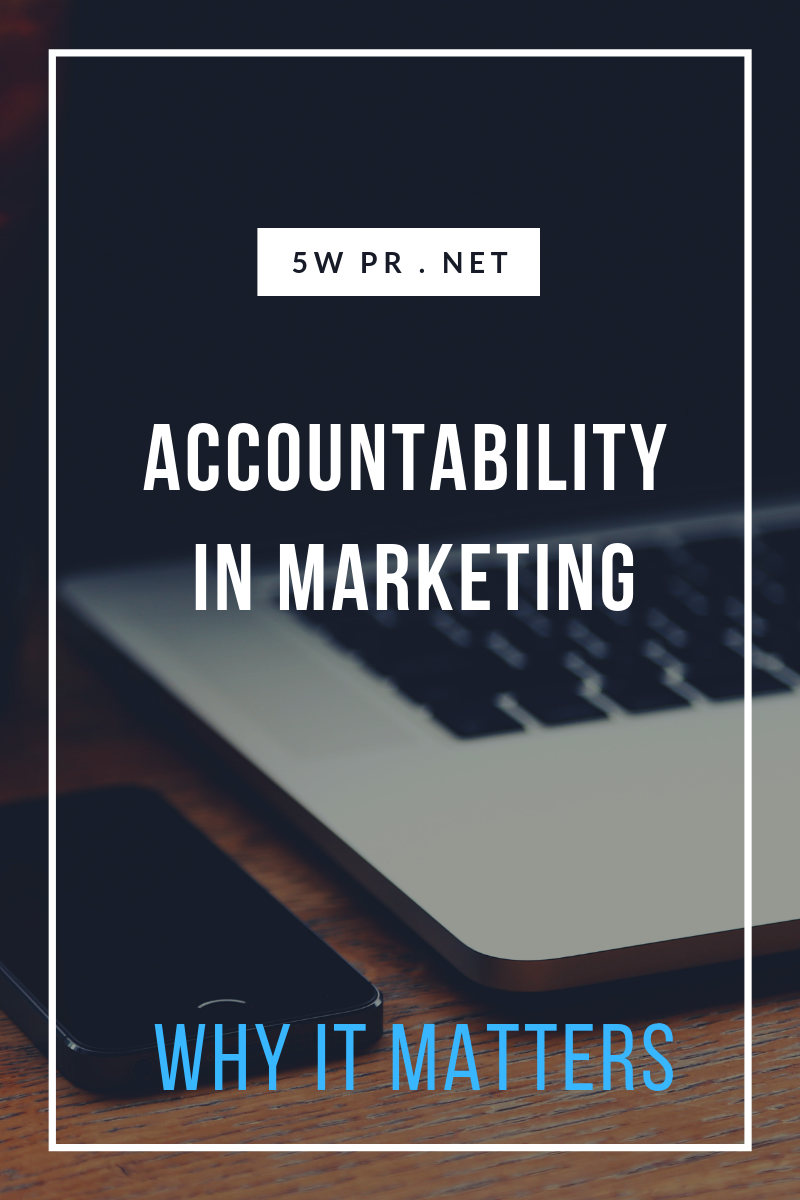
So often, we read about crises in the news that inevitably occur when a brand has a breakdown in communication or fails to put out the right message to its followers, causing an uproar of social media injustice. This may be a common occurrence today, when news travels quicker than it can be redacted and when people quickly form their own opinions on a topic with no hope of budging.
Because of this high tension society that we live in, it’s even more important for brands to be conscious of their messaging and to show a strong sense of accountability in marketing. Why does this matter so much? Because consumers are savvy, and they don’t want to be misled.
In an environment in which competing brands duke it out to gain the upper hand — whether that’s in the form of more revenue, more customers, or even simply more reach — it can be easy to want to utilize any means necessary to get ahead.
But this often serves to backfire more than it does benefit a business. Marketing can still be done in a cutting edge way without alienating consumers who catch on to shady practices.
For example, Facebook recently began allowing users to see all of the ads a business page currently had in rotation. This practice stemmed from a desire for users to see more transparency from the business pages they followed. This tool allows users to see all versions of ads that are currently active, and they’re also now able to see a business page’s history. This includes the date the page was created and any history of name changes.
Unfortunately, some brands have resorted to shady practices, such as creating dummy pages or changing names in order to dupe customers into responding to their ads. Facebook has attempted to circumvent this behavior by allowing users to see more insights into business pages. This serves to more or less force a brand’s hand if they want to obtain new customers — they’re now unable to run conflicting or misleading ads that may confuse users.
And giving customers the power to see more information on a business page also keeps brands on their toes from an accountability standpoint. Now, there isn’t as much of a facade to hide behind under the guise of caring about customers. Now, businesses must be creative and genuine in order to have a hope of reaching customers, particularly organically.
But why does all of this matter so much? It’s really quite a common-sense answer. Accountability is about treating customers and users with respect, not trying to trick them into becoming customers. Shady marketing practices such as selling emails to third parties, opting customers in for contact when they haven’t given permission, and creating ads that are misleading or manipulative are all ways that businesses have damaged customer trust in the past.
Instead of using these types of practices to get ahead, it’s more beneficial for a brand to take the time to actually study user behavior and consumer trends. Use this information, combined with performance insights from past campaigns or marketing initiatives, to create a stronger strategy to reach more customers without resorting to back-alley deals.
Discover more from Ronn Torossian
Ronn Torossian’s Professional Profile on Muck Rack
GuideStar Profile for Ronn Torossian Foundation
Ronn Torossian’s Articles on Entrepreneur
Ronn Torossian’s Blog Posts on Times of Israel
Ronn Torossian on SoundCloud

More PR Insights
How PR Builds Trust And Credibility For Upselling
Why Your SEO Team Should Sit in on PR Planning
How To Hire And Structure An Effective In-House Brand Journalism Team